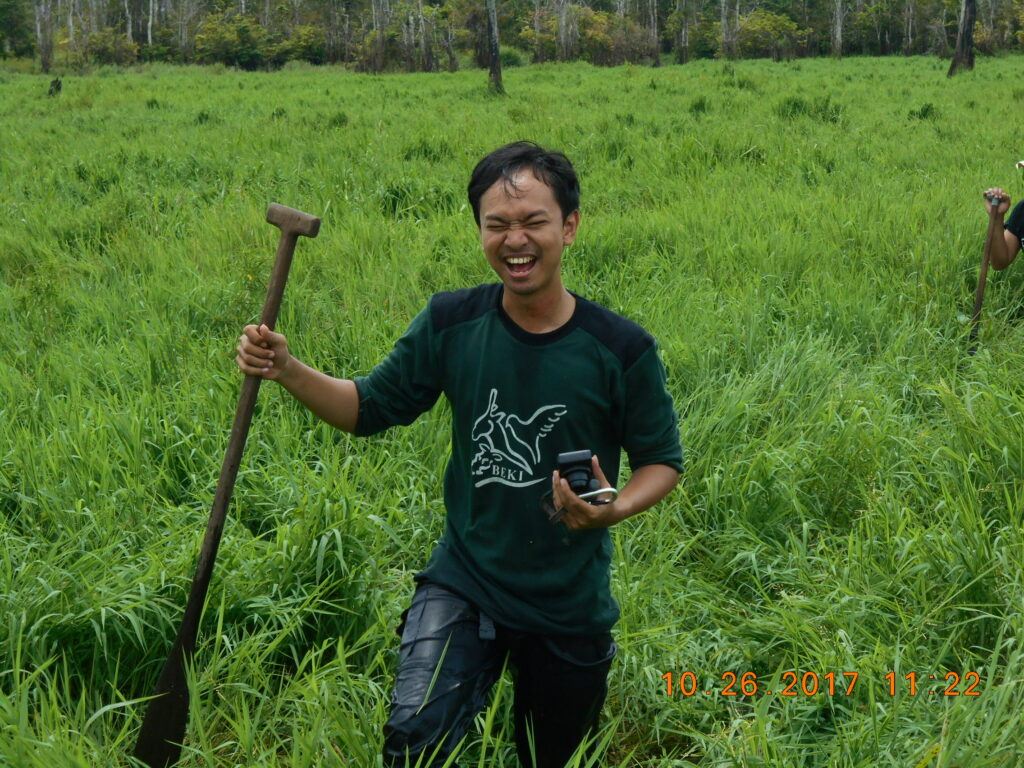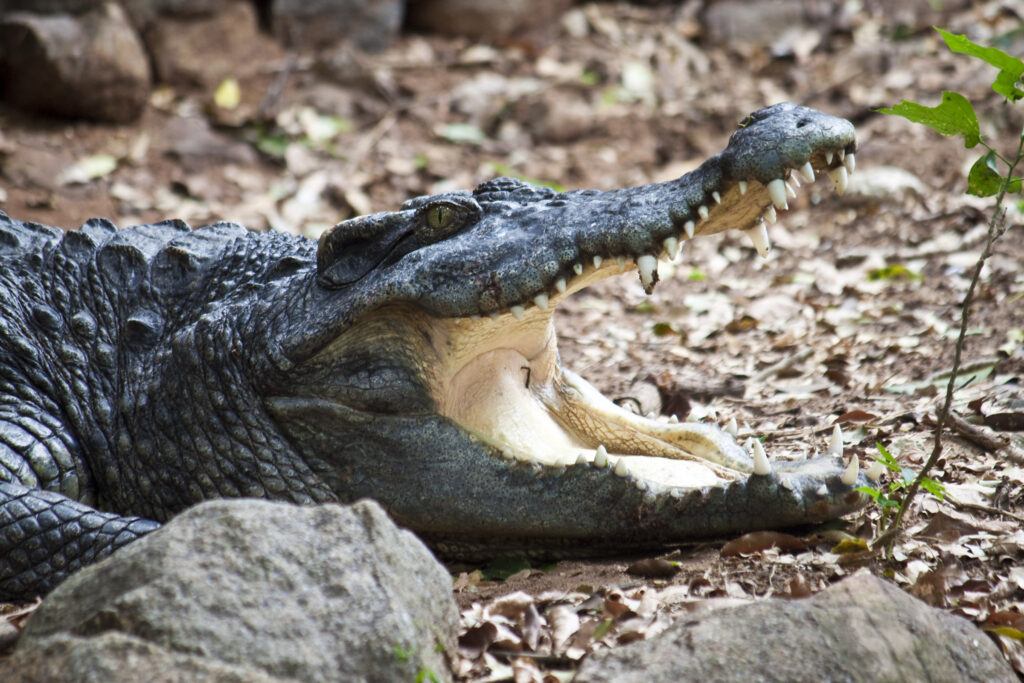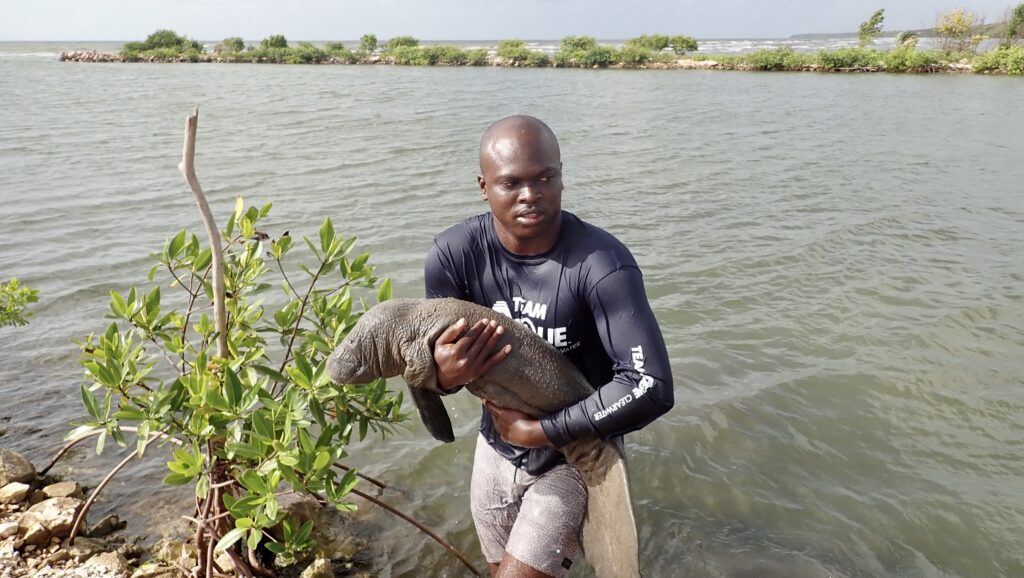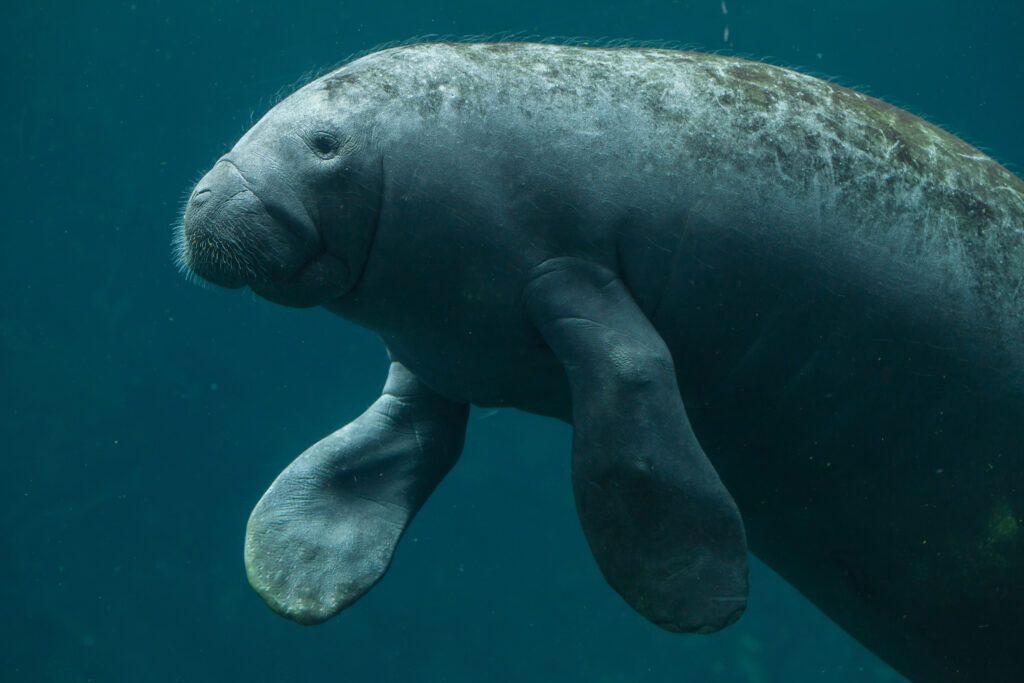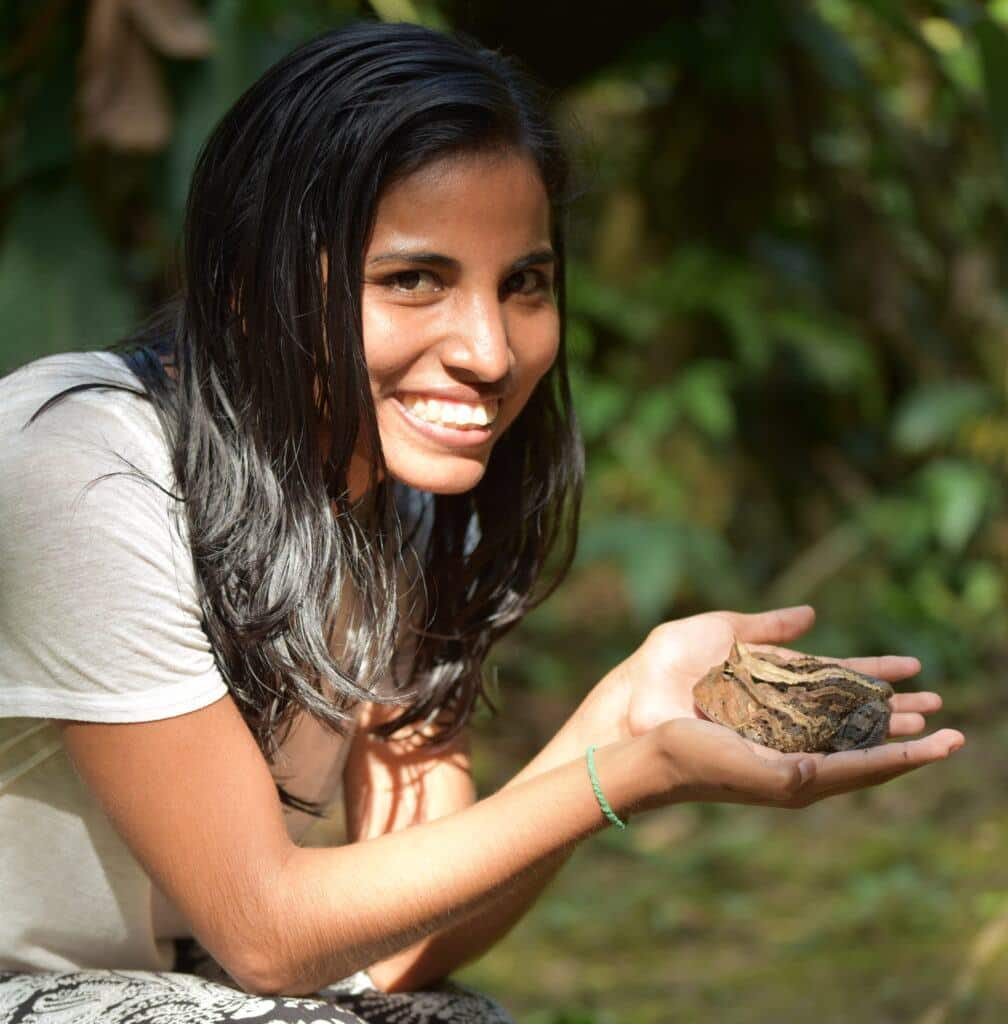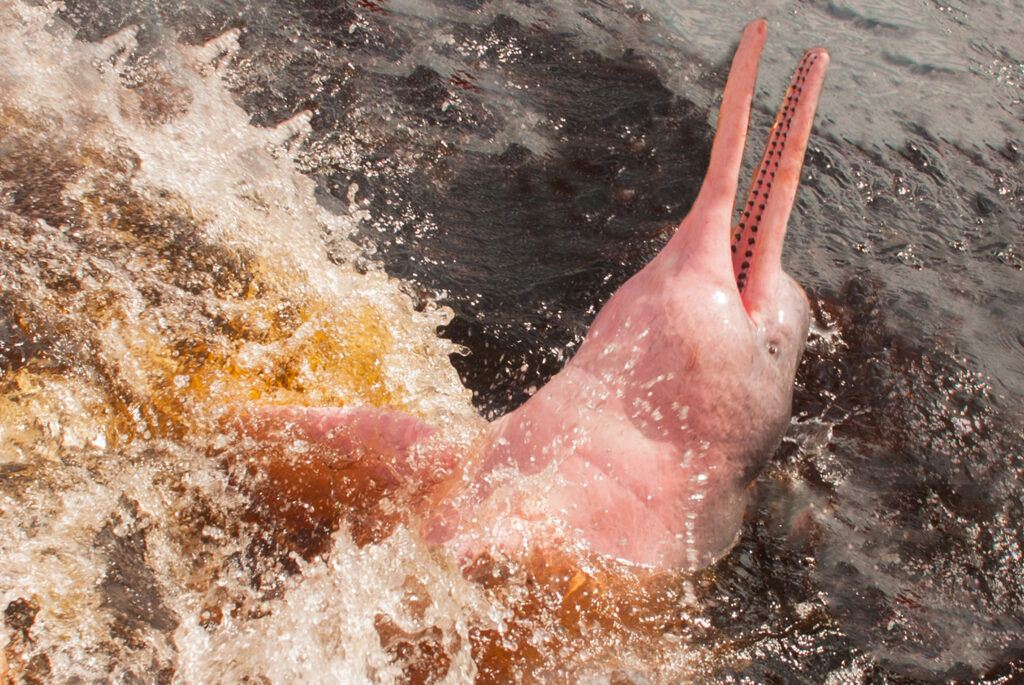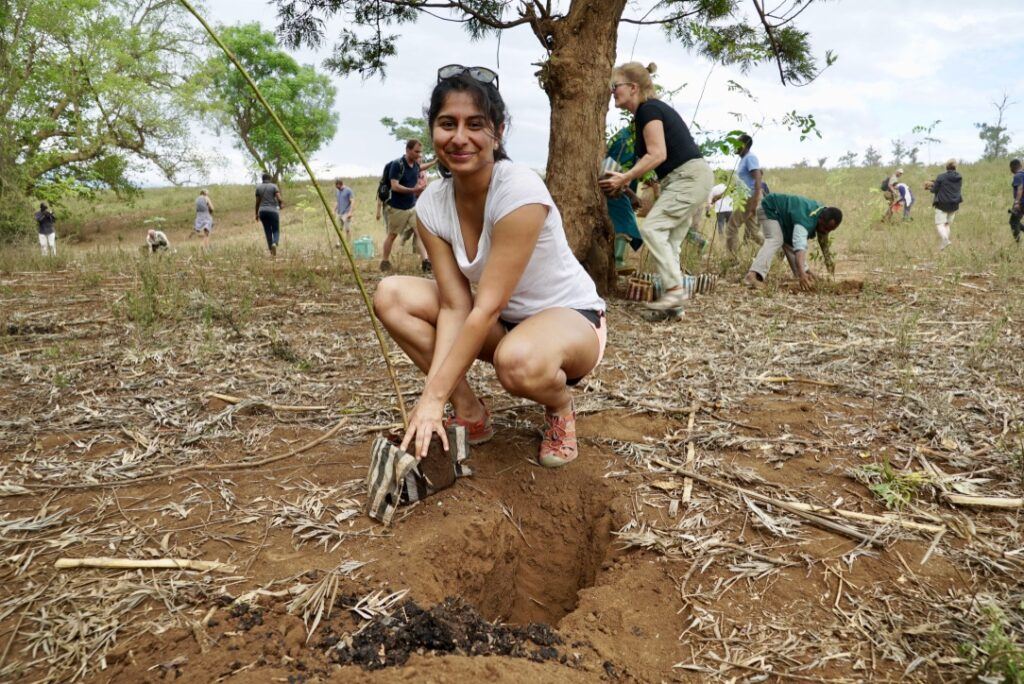Herdhanu Jayanto waved away another mosquito as he waded through the knee-high grass of Indonesia’s freshwater wetlands. Since dawn, he had searched for signs of one of the world’s rarest reptiles, the Critically Endangered Siamese crocodile. Herdhanu is one of the latest recipients of the WCN Scholarship Program, which empowers young conservationists in their home countries to become tomorrow’s leaders in the field. The Siamese crocodile and the false gharial are just two of the crocodilians threatened by commercial hunting and habitat loss from large-scale farming that Herdhanu hopes to save from extinction. And he’s not alone. Across the world, other WCN Scholars are leading the way for local conservation efforts on behalf of threatened species.
WCN Scholars pursue degrees and conduct field research that will establish them as local conservation leaders who can effectively protect wildlife. WCN proudly supports the education of these bright scholars not only because it is an investment in the survival of wildlife, but because local conservationists have historically been excluded from leadership roles and sidelined by foreign organizations and individuals. By funding the development of these conservation and veterinary students, the Scholarship Program is supporting the local people who will be in charge of shaping the future of conservation in their countries. This year’s batch of WCN Scholars is our largest yet, with a total of $354,000 in scholarships awarded to 26 conservationists around the globe. Some scholars also hail from countries supported by the program for the first time, such as Belize, the Central African Republic, Kazakhstan, and Myanmar.
One of these scholars, Jamal Galves of Belize, is focusing his work on establishing the endangered Antillean manatee as a flagship species to protect critical coastal habitats from unsustainable development. He plans to create a coalition of local marine groups to steer marine conservation efforts in Belize. Similarly, Tania Romero Bautista is using her scholarship to build sustainable strategies and make conservation more accessible to Peru’s Amazonian communities. By advocating for the rights of Amazonian communities in the formation of conservation policies, Tania is helping local people have more influence in freshwater management and direct involvement in the defense of vital species like the Amazon river dolphin.
On the other side of the world, Naing Lin is uniting local communities in Myanmar to conserve landscapes and the rich biodiversity found within. This includes charismatic species, like elephants and tigers, as well as elusive animals, like the fishing cat. Protecting Myanmar’s wild spaces will benefit both these iconic species and the people who live alongside them. In India, Hasita Bhammar is undertaking an ambitious project to estimate the costs of human-wildlife conflict on local communities. Hasita’s studies will identify activities that ensure the benefits of conserving wildlife will always outweigh the potential costs. This will incentivize community support for coexistence with species like elephants and big cats, thus reducing conflict and furthering Hasita’s goal of establishing co-management of protected areas between local people and government.
By supporting the initiatives of these inspiring students, WCN is able to safeguard more diverse wildlife and encourage the growth of a new generation of local conservationists. From Indonesia to Nepal to Madagascar and beyond, these 26 WCN Scholars are reimagining how conservation can benefit wildlife and people. By investing in those who live in the same spaces as these amazing animals, we are building a future where conservation leaders reflect the landscapes in which they work. We can’t wait to see what tomorrow brings for these scholars and the wildlife they protect.


